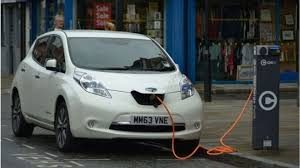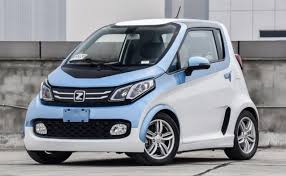environmental
First critics were the capabilities of the Tesla electric truck Semi
 A study by Transport and Environment, a consortium of European environmental organizations, compared energy consumption and the environmental impact of conventional diesel trucks and their all-electric counterparts.
A study by Transport and Environment, a consortium of European environmental organizations, compared energy consumption and the environmental impact of conventional diesel trucks and their all-electric counterparts.
Two different diesel trucks were used for the study: one with an average consumption of 33 l/100 km and a more economical one with a consumption of 22 l/100 km.
The study showed that diesel trucks consume 2.2 to 3.3 kWh per kilometer, which is much higher than the average electric truck, which requires 1.44 kWh per kilometer. Electric vehicles designed from the ground up with maximum efficiency in mind, such as Tesla Semi, require only 1.15 kWh per km. the Authors of the study concluded that in General, the use of fully electric trucks reduces energy consumption by 1.5-2.9 times. Continue reading
BNEF: by 2040, almost 60% of new car sales will be electric
 According to estimates by Bloomberg sales of fuel and vehicles has already peaked, and perhaps never more to rise, because the price of batteries fell. The increase in the number of electric vehicles, in turn, means that the peak demand for oil can come in just 10 years.
According to estimates by Bloomberg sales of fuel and vehicles has already peaked, and perhaps never more to rise, because the price of batteries fell. The increase in the number of electric vehicles, in turn, means that the peak demand for oil can come in just 10 years.
According to a new Bloomberg NEF report, oil demand is projected to peak in 2028 for passenger cars and in 2035 for commercial vehicles. The rapid growth in electric vehicle sales will cause a slowdown, a peak, and then a drop in oil consumption. Oil prices and the cost of investment in oil companies will fall. Continue reading




